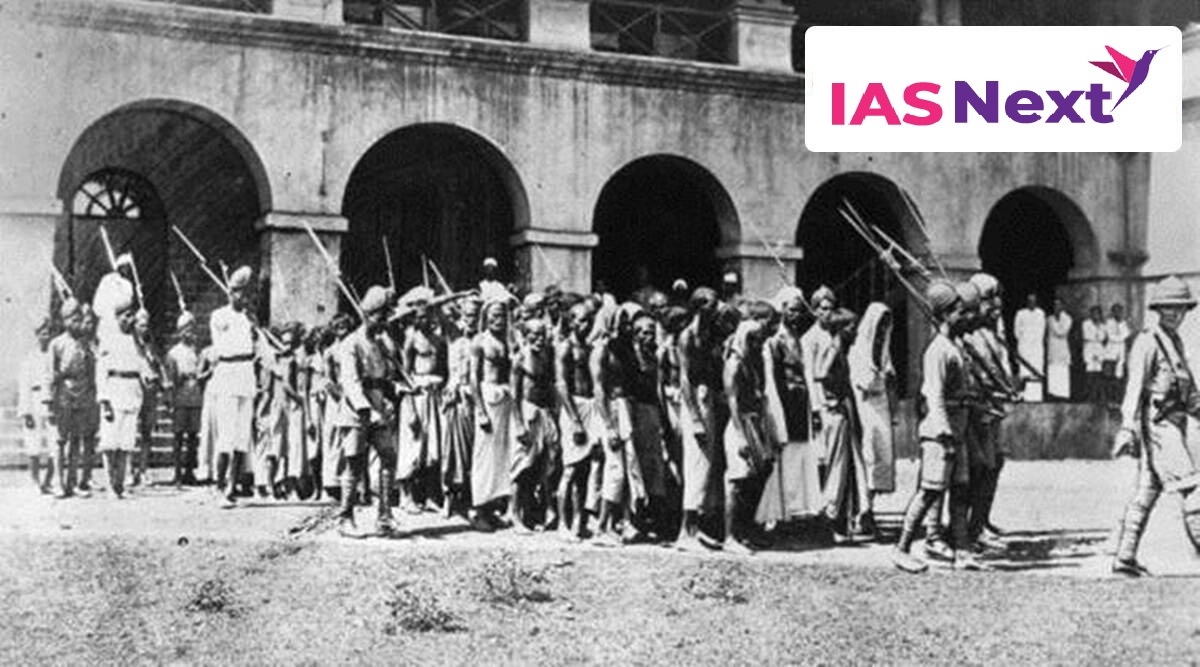CURRENT AFFAIRS
Get the most updated and recent current affair content on Padhaikaro.com
Malabar rebellion of 1921
- IAS NEXT, Lucknow
- 30, Mar 2022

Reference News:-
The Indian Council for Historical Research (ICHR) has deferred its decision on a recommendation to remove the 1921 Malabar Rebellion martyrs, including Variamkunnaathu Kunhahamad Haji and Ali Musliyar, from the list of India’s freedom fighters.
What’s the issue?
- The panel was of the view that the rebellion that took place at Malabar was a one-sided attack on Hindus. Just two Britishers were killed during the unrest and hence the rebellion could not be considered as part of the freedom struggle.
- The subcommittee had recommended the removal of the Malabar Rebellion leaders, mostly Muslims, from the list. This is viewed by some as an attempt to distort history.
What was the Mapilla rebellion?
The Mapilla rebellion or Moplah Rebellion (Moplah Riots) of 1921 was the culmination of a series of riots by Moplahs (Muslims of Malabar) in the 19th and early 20th centuries against the British and the Hindu landlords in Malabar (Northern Kerala).
- The year 2021 will mark the 100th year anniversary of the uprising.
Causes and outcomes of the revolt:
- The resistance which started against the British colonial rule and the feudal system later ended in communal violence between Hindus and Muslims.
- Gandhiji along with Shaukat Ali, the leader of the Khilafat movement in India, visited Calicut in August 1920 to spread the combined message of non-cooperation and Khilafat among the residents of Malabar.
- In response to Gandhiji’s call, a Khilafat committee was formed in Malabar and the Mappilas, under their religious head Mahadum Tangal of Ponnani who pledged support to the non-cooperation movement.
- Most of tenants’ grievances were related to the security of tenure, high rents, renewal fees and other unfair exactions of the landlords.
- The British government responded with much aggression, bringing in Gurkha regiments to suppress it and imposing martial law.
Wagon Tragedy:
A noteworthy event of the British suppression was the wagon tragedy when approximately 60 Mappila prisoners on their way to prison, were suffocated to death in a closed railway goods wagon.